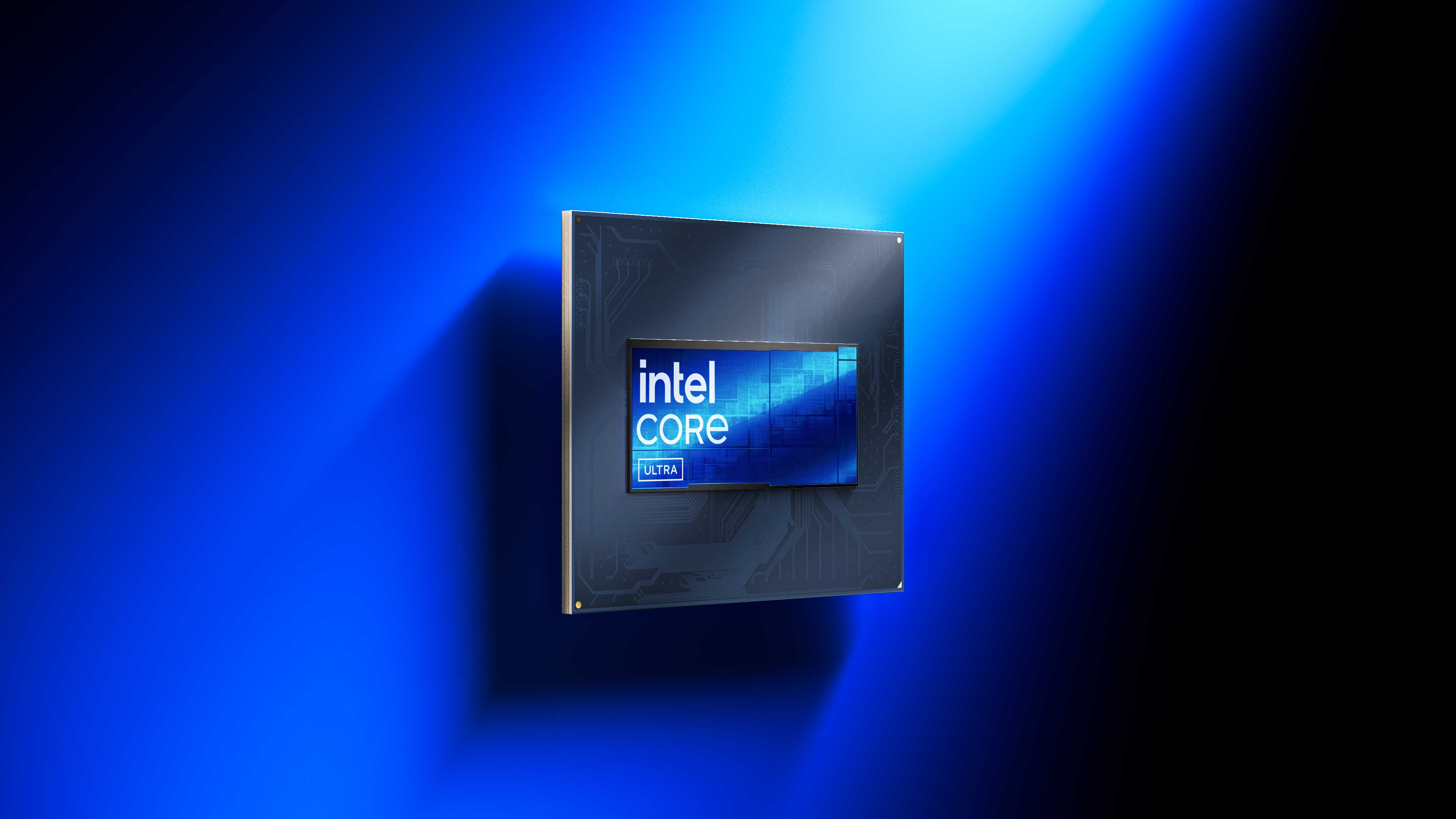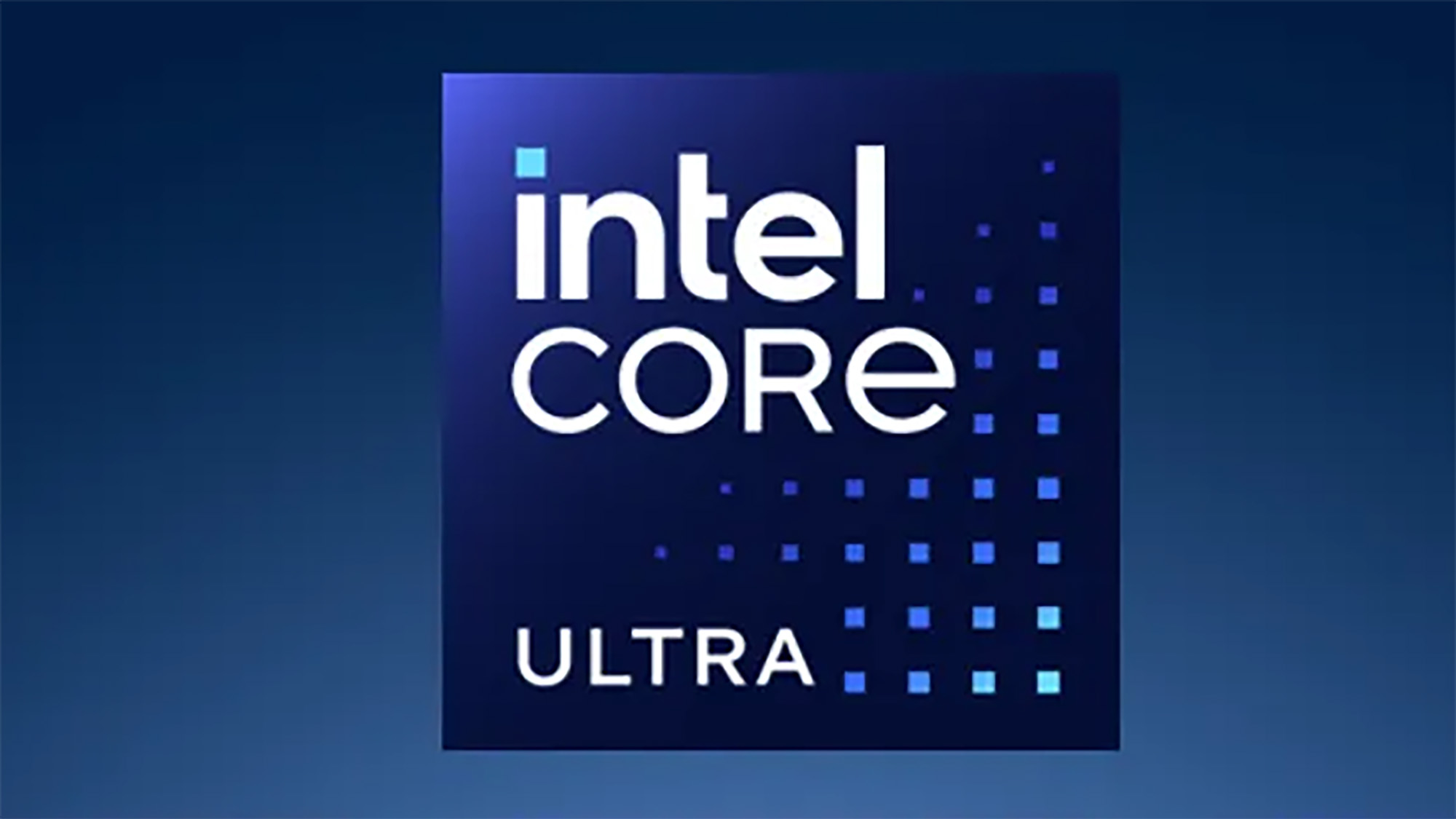Intel recently unveiled its new series of mobile processors at CES 2025, introducing the Intel Core Ultra 200HX, Core Ultra 200H, and Core Ultra 200U series. These processors are tailored to meet the needs of various users: enthusiasts, premium laptop users, and those seeking ultra-thin, lightweight devices respectively. The latest offerings come just after the highly successful Intel Lunar Lake chips, marketed under the Intel Core Ultra 200V series, providing an expanded range of processing power for individuals who found the previous generation lacking.
Table of Contents
New Intel mobile SKUs

The introduction of the new Core Ultra 200HX, 200H, and 200U SKUs during Intel’s CES 2025 keynote showcases notable advancements in their specifications:
- Integrated Graphics: Only the Core Ultra 200H series is equipped with integrated Intel Arc graphics, while the other two series feature basic Intel Graphics. This strategic decision aligns with the expected use cases: the 200HX series will likely be coupled with discrete GPUs, while the 200U series targets casual use.
- Performance Expectations: The 200H series possesses a higher maximum TDP to support more demanding applications like gaming and video processing.
- Architecture Compatibility: The Arrow Lake architecture, which also influences the desktop versions of Intel’s Core Ultra 200S series, raises expectations for performance across different workloads.
While users eagerly anticipate detailed specifications around the max clock for the E-cores and LPE-cores in the 200H and 200U series, Intel’s strategy appears aimed at delivering competitive performance while ensuring energy efficiency.
The battle of the Core Ultra 200 series chips

Intel’s recent challenges in the laptop processor arena can largely be attributed to competition from Apple’s M-series silicon. However, the latest Lunar Lake laptop chips have positioned Intel to regain ground, even if not completely surpassing Apple’s M4 chips. The focus on improved **energy efficiency** and powerful integrated GPU capabilities has made the Lunar Lake series a formidable contender.
The disparity in performance between Intel and Apple has been narrowing since the advent of Lunar Lake, which marked a significant shift in terms of efficiency and capability:
- Battery Life: Lunar Lake processors boast impressive battery longevity, comparable to leading models like the MacBook Air.
- Gaming Capability: With enhanced integrated graphics, users can enjoy a variety of PC games with commendable performance.
- User Expectations: The Core Ultra 200 series must deliver remarkable performance to fulfill the aspirations of enthusiasts who demand high levels of output.
Given the past reception of Arrow Lake, which faced criticism upon launch, there is considerable pressure on Intel to ensure that this new series meets or exceeds user expectations across the board.
The release of the Intel Core Ultra 200HX, 200H, and 200U series signals Intel’s commitment to refining its mobile processor lineup, promising advancements in performance and efficiency that could reshape the landscape for laptop users. Whether these efforts will bridge the gap with their competitors and satisfy a diverse user base remains to be seen.








Leave a comment